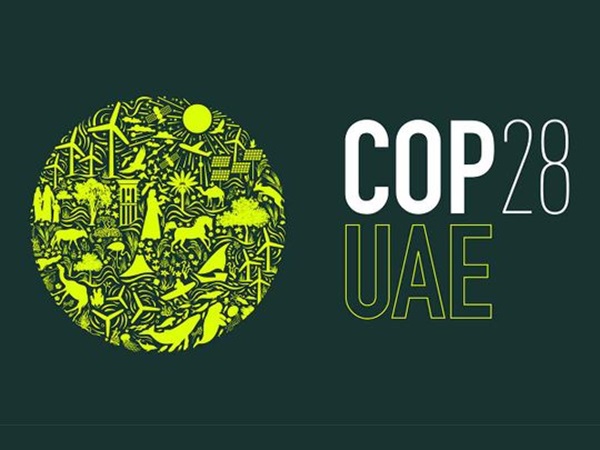
Luxembourg’s Minister of Environment, Climate and Biodiversity, Serge Wilmes, will participate in the negotiations of the 28th Conference of the Parties (COP28) of the United Nations Framework Convention on Climate Change in Dubai during the “high-level segment” negotiations, which will be held from Saturday 9 to Tuesday 12 December 2023.
The delegation which will accompany the minister includes negotiators and experts in climate policy from Luxembourg’s Ministry of the Environment, Climate and Biodiversity, as well as representatives from the Ministry of Foreign and European Affairs, Defence, Cooperation and Foreign Trade, the Ministry of Finance, the Administration of Technical Services for Agriculture and civil society.
Following COP27 in Sharm el-Sheikh in 2022, COP28 will focus primarily on the first global stocktake provided for by the ambition mechanism of the Paris Agreement, the implementation of the new loss and damage fund and the preparations for setting the new global financial target (“New Collective Quantified Goal on Climate Finance”).
The “Global Stocktake” is a technical and political process which consists of establishing a global inventory of efforts to reduce greenhouse gas emissions, adaptation efforts and the reorientation of financial flows towards the climate transition. This is the first time that this global assessment has taken place, preparations have been completed and the process will end at COP28, according to Luxembourg’s Ministry of the Environment, Climate and Biodiversity.
The issue of “loss and damage” was the subject of an important decision in 2022, with the launch of a process to establish a special fund. This fund will be used to finance activities that avoid, minimise or address damage and losses in countries most vulnerable to climate change. The decision concerning the operationalisation of this new fund was adopted on the first day of COP28, sending a positive signal for the rest of the fortnight.
Another important political process, entering a decisive phase in the course of next year, is the setting of the “new collective quantified target on climate finance”, the ministry noted. This involves determining the new target to increase financial support for developing countries beyond the threshold of $100 billion per year from 2025. This emblematic objective of $100 billion per year, applicable from 2020, was initially set in Copenhagen in 2009. Currently, the quantified global commitment stands at approximately $90 billion per year (2021 data). The international community is therefore required to reach this figure as soon as possible. In terms of international climate financing, Luxembourg is already largely in compliance with its obligations, with a commitment of €220 million for the period from 2021 to 2025.
Luxembourg, as a Member State of the European Union, supports the Glasgow Pact, which was concluded at COP26, and encourages all other major emitters to step up their efforts in the short and long term, the ministry stressed. The European Union, through its “Fit for 55” implementation plan, concretely demonstrates its strategy to achieve its objective of reducing at least 55% in 2030 compared to 1990. However, for several other countries, this approach remains less obvious.
Luxembourg also emphasised that energy security must not compromise climate protection efforts and that these climate objectives are integrated into legislative texts both in Luxembourg and in the European Union. The ministry also emphasised its desire to convey to Dubai the need for solidarity towards developing countries, and in particular towards those which suffer the most from the impacts of climate change.








